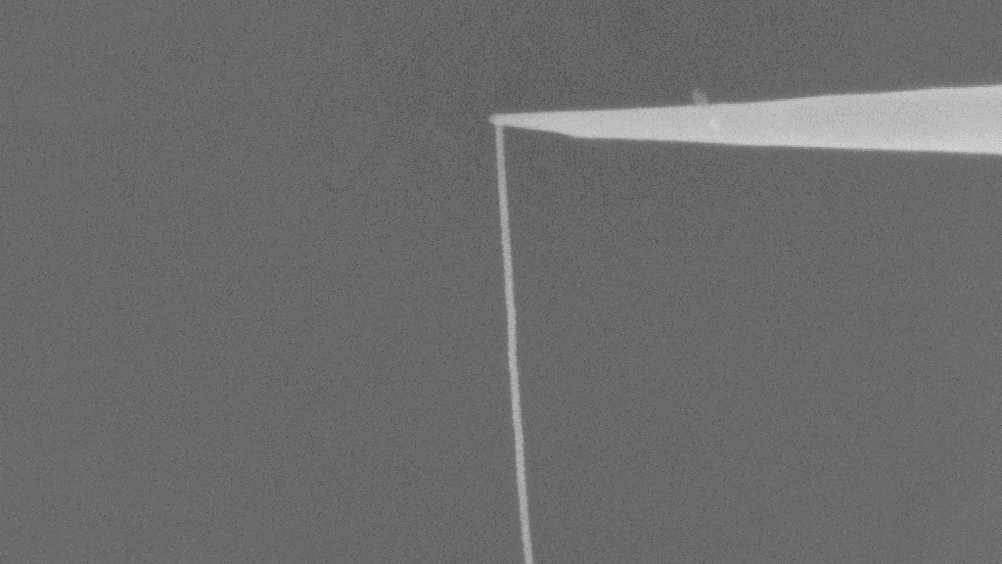Method uses blood sample to rapidly detect testicular cancer
Scientists at Leeds University are developing a new technique that could be used to quickly detect testicular cancer from a blood sample.

The team believes that ultra-thin gold nanowires can be used to electrically sense the presence of small quantities of biomarker proteins found in the bodies of men suffering from certain forms of testicular cancer.
The sensor will pass a tiny current through the nanowire, which has been engineered to attract the human chorionic gonadotropin (HCG) protein; a hormone that is secreted when a patient is suffering from testicular cancer. The team hopes to be able to detect a change in the electrical current flowing through the wire when HCG proteins attach themselves to it.
Dr Kevin Critchley, project leader from Leeds University’s department of physics and astronomy, told The Engineer that gold nanowires with the required 3nm diameter could be produced relatively easily in a beaker through a simple chemical reaction.
‘We use gold chloride with a solvent called alkylamine,’ he said. ‘The gold chloride will very slowly reduce to gold metal while the alkylamine acts as a kind of template that makes these very small wires that are only several microns in length.’
Register now to continue reading
Thanks for visiting The Engineer. You’ve now reached your monthly limit of news stories. Register for free to unlock unlimited access to all of our news coverage, as well as premium content including opinion, in-depth features and special reports.
Benefits of registering
-
In-depth insights and coverage of key emerging trends
-
Unrestricted access to special reports throughout the year
-
Daily technology news delivered straight to your inbox










Water Sector Talent Exodus Could Cripple The Sector
Maybe if things are essential for the running of a country and we want to pay a fair price we should be running these utilities on a not for profit...